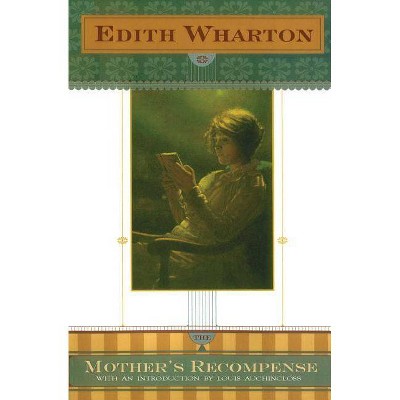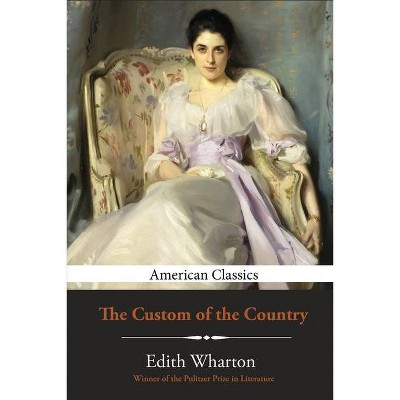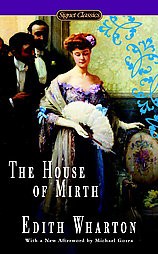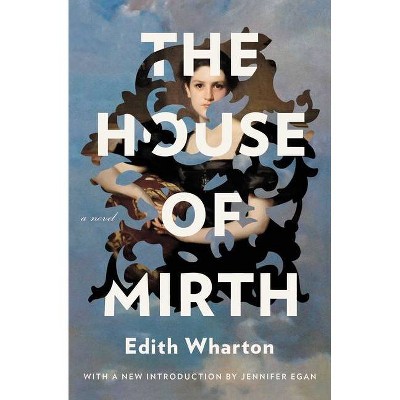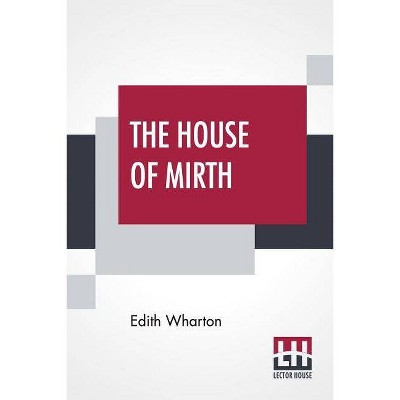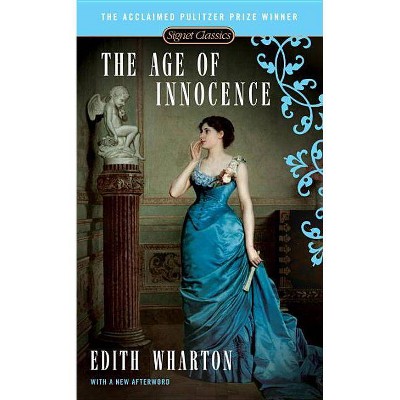The Glimpses of the Moon - by Edith Wharton (Paperback)
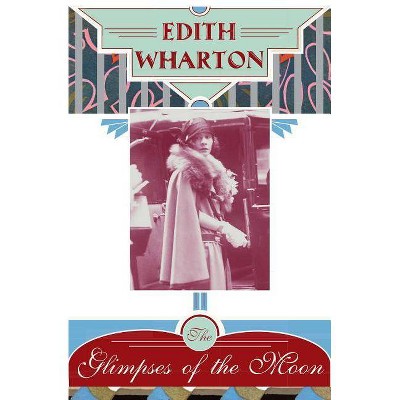
Similar Products
Products of same category from the store
AllProduct info
<p/><br></br><p><b> About the Book </b></p></br></br>A rediscovered classic, out of print for several decades--here is Edith Warton's charming tale of two schemers and their ingenious plan to enjoy the best society has to offer.<p/><br></br><p><b> Book Synopsis </b></p></br></br>Set in the 1920s, <i>The Glimpses of the Moon</i> details the romantic misadventures of Nick Lansing and Susy Branch, a couple with the right connections but not much in the way of funds. They devise a shrewd bargain: they'll marry and spend a year or so sponging off their wealthy friends, honeymooning in their mansions and villas. As Susy explains, We should really, in a way, help more than hamper each other. We both know the ropes so well; what one of us didn't see the other might -- in the way of opportunities, I mean. The other part of the plan states that if either one of them meets someone who can advance them socially, they're each free to dissolve the marriage. How their plan unfolds is a comedy of eros that will charm all fans of Wharton's work.<p/><br></br><p><b> From the Back Cover </b></p></br></br>Set in the 1920s, Glimpses of the Moon details the romantic misadventures of Nick Lansing and Susy Branch, a couple with the right connections but not much in the way of funds. They devise a shrewd bargain: they'll marry and spend a year or so sponging off their wealthy friends, honeymooning in their mansions and villas. As Susy explains, "We should really, in a way, help more than hamper each other. We both know the ropes so well; what one of us didn't see the other might - in the way of opportunities, I mean". The other part of the plan states that if either one of them meets someone who can advance them socially, they're free to dissolve the marriage. How their plan unfolds is a comedy of eros that will charm all fans of Wharton's work.<p/><br></br><p><b> About the Author </b></p></br></br>America's most famous woman of letters, and the first woman to win the Pulitzer Prize, <b>Edith Wharton</b> was born into one of the last leisured class families in New York City, as she put it, in 1862. Educated privately, she was married to Edward Wharton in 1885, and for the next few years, they spent their time in the high society of Newport (Rhode Island), then Lenox (Massachusetts) and Europe. It was in Europe that Wharton first met Henry James, who was to have a profound and lasting influence on her life and work. Wharton's first published book was a work of nonfiction, in collaboration with Ogden Codman, <i>The Decoration of Houses</i> (1897), but from early on, her marriage had been a source of distress, and she was advised by her doctor to write fiction to relieve her nervous tension. Wharton's first short stories appeared in <i>Scribner's Magazine, </i> and though she published several volumes of fiction around the turn of the century, including <i>The Greater Inclination</i> (1899), <i>The Touchstone</i> (1900), <i>Crucial Instances</i> (1901), <i>The Valley of Decision</i> (1902), <i>Sanctuary</i> (1903), and <i>The Descent of Man and Other Stories</i> (1904), it wasn't until 1905, with the publication of the bestselling <i>The House of Mirth, </i> that she was recognized as one of the most important novelists of her time for her keen social insight and subtle sense of satire. In 1906, Wharton visited Paris, which inspired <i>Madame de Treymes</i> (1907), and made her home there in 1907, finally divorcing her husband in 1912. The years before the outbreak of World War I represent the core of her artistic achievement, when <i>Ethan Frome</i> (1911), <i>The Reef</i> (1912), and <i>The Custom of the Country</i> (1913) were published. During the war, she remained in France organizing relief for Belgian refugees, for which she was later awarded the Legion of Honor. She also wrote two novels about the war, <i>The Marne</i> (1918) and <i>A Son at the Front</i> (1923), and continued, in France, to write about New England and the Newport society she had known so well in <i>Summer</i> (1917), the companion to <i>Ethan Frome, </i> and <i>The Age of Innocence</i> (1920), for which she won the Pulitzer Prize. Wharton died in France in 1937. Her other works include <i>Old New York</i> (1924), <i>The Mother's Recompense</i> (1925), <i>The Writing of Fiction</i> (1925), <i>The Children</i> (1928), <i>Hudson River Bracketed</i> (1929), and her autobiography, <i>A Backward Glance</i> (193
Price History
Price Archive shows prices from various stores, lets you see history and find the cheapest. There is no actual sale on the website. For all support, inquiry and suggestion messagescommunication@pricearchive.us

